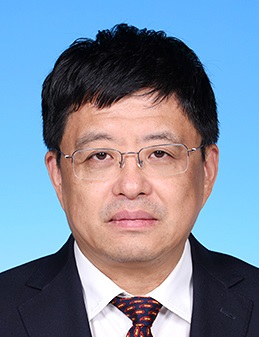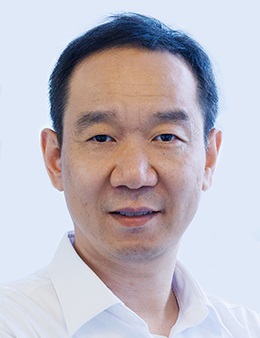Prof. Xin ZHANG is Swire Professor of Aerospace Engineering, Chair Professor of Department of Mechanical and Aerospace Engineering and Division of Integrative Systems and Design at the Hong Kong University of Science and Technology. Prof. Zhang holds a Ph.D degree in fluid mechanics from the Cambridge University, UK and B.Eng in aerospace engineering from Beijing University of Aeronautics and Astronautics, China. He is a fellow of the Royal Aeronautical Society.
Prof. Zhang conducts research and lectures in aerodynamics and aeroacoustics, in particular aircraft aerodynamics and noise. He has conducted experimental and computational research in the area of unsteady aerodynamics, ground effect aerodynamics, aeroacoustics, and aircraft noise. He is an authority in the area of aircraft noise including both airframe and propulsive unit noise. He performed research in its understanding, developed novel and accurate numerical schemes for its prediction, devised methods for noise attenuation, and designed and constructed predictive codes based on physics for noise prediction which are being used by industry.
His research over a period of 25 years led to the establishment of Airbus Aircraft Noise Technology Centre (ANTC) at Southampton in 2008 (see www.soton.ac.uk/antc ), which is a major centre of excellent in aircraft noise technology. The centre is the only Airbus university based technology centre in the world. ANTC works in the areas of airframe noise, engine noise, physics based aircraft noise models, computational aeroacoustics, aircraft interior noise modelling, sound transmission, and noise control, all with Airbus. Airbus, a company that produces around half of the world’s aircraft and employs more than 60,000 people across the EU, has integrated the outcomes of Zhang’s research into its key design processes. He has occupied the chair of Airbus Professor of Aircraft Engineering and served as the director of ANTC since 2008.
Prof. Zhang has published over 200 papers including 95 archival papers. He has been a highly productive and effective educator, establishing the first MSc course in racing car aerodynamics in the world at Southampton. To date, he has supervised nearly 50 PhD/EngD students as main supervisor; these students currently hold diverse positions in academia, aerospace and automobile industries, government, and other sectors.

Aerodynamics
